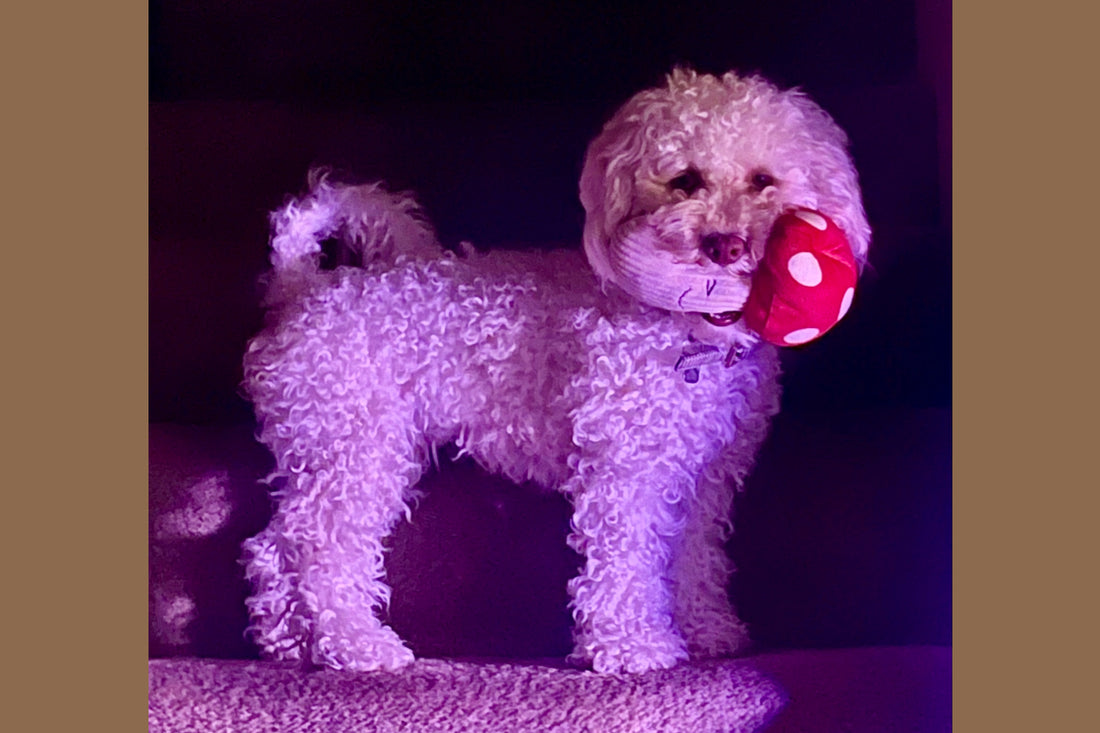
Family, Forgiveness, and Healing: True Healing Begins with Self-Accountability
Share
Jacob often shared how, growing up, he felt he wasn’t introduced to a sense of spirituality or religion. When we would discuss family, forgiveness, and healing, he was curious about the Catholic faith I was raised in. I encouraged him to explore many religions to find the place he felt most comfortable. Even before officially beginning his rehabilitation journey, Jacob was searching for a spiritual foundation that resonated with him.
Every family has its own unique brand of dysfunction, whether spoken of openly or left unspoken. There’s often an underlying current of missed opportunities—moments where we wanted to express our feelings but held back out of fear of the consequences. Yet, most of us would agree that love for our family should prevail over these challenges.
Reaching a place of forgiveness within our families depends on our willingness to first take accountability for our own actions and choices.
The Purpose of Family Connections
It's true that we don’t choose the families we are born into.
If you believe in destiny as Jacob did, there’s a purpose to our connections. Life, in its essence, is about answering our own questions and learning to grow.
Rather than shutting out family members due to differences or misunderstandings, we should strive to uncover what makes us unique. By doing so, we can begin to bridge the gaps that divide us.
At the heart of this journey is humility and the recognition that none of us are perfect. We are all human, flawed in different ways, and we don’t always get it right the first time—or even the second. But who among us has the right to decide who does or doesn’t deserve a second chance?
Spiritual Teachings on Forgiveness
Most religions and spiritual teachings emphasize humility, self-awareness, and empathy. These values serve as a foundation for understanding and forgiveness within families. Here are some reminders from different spiritual perspectives about judging others:
-
Christianity – Matthew 7:1-2
"Do not judge, or you too will be judged. For in the same way you judge others, you will be judged, and with the measure you use, it will be measured to you." -
Judaism – Pirkei Avot 2:4
"Do not judge your fellow until you have stood in his place." -
Taoism – Tao Te Ching 33
"Knowing others is intelligence; knowing yourself is true wisdom." -
Native and Indigenous Beliefs – Cherokee Proverb
"Don't judge a man until you have walked a mile in his moccasins." -
Confucianism – Analects 15:23
"Do not do to others what you do not want done to yourself." -
Islam – Qur’an and Hadith
"Blessed is the one who is so busy improving himself that he has no time to criticize others."
The Path to Healing
Years before beginning his mental wellness journey, Jacob believed that true healing begins with self-accountability. However, it wasn’t until he entered Driftwood Recovery in 2021 that he began learning the specific skills to turn those beliefs into action. Determined to apply these lessons, Jacob put family forgiveness and healing to the test.
Before we point fingers or demand apologies, we need to take a hard look at our own actions and attitudes. Are we holding onto resentment that could be released? Are we expecting others to change without reflecting on what we could do differently?
Families thrive when individuals commit to understanding each other, even in the face of difficulty. Forgiveness doesn’t mean excusing harmful behavior, but it does mean creating space for growth and reconciliation. It’s an act of love, both for others and for ourselves.
When we approach family relationships with open hearts and the wisdom of humility, we create opportunities for healing—not just for our families, but for ourselves. After all, every step toward understanding and forgiveness brings us closer to peace.
Wouldn’t it be worth it to take that step?
_________________________________________________________


